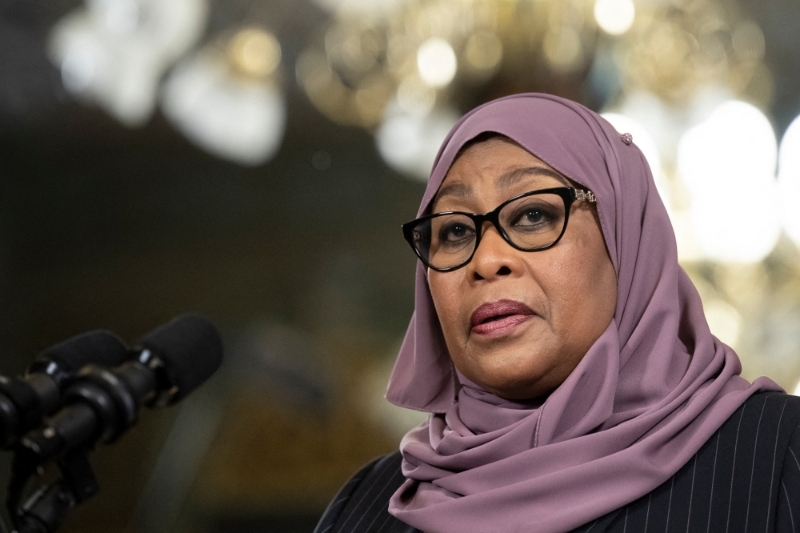Sudan's Central Bank bans private gold sales, becomes sole legal exporter

Authorities hope the new rules will stop gold from being illegally shipped to countries like the United Arab Emirates (UAE), via neighbouring countries like Egypt, Chad, Eritrea and South Sudan.
Sudan's Central Bank has banned all private gold exports, declaring itself the only legal buyer and exporter of the precious metal.
The move, announced on Monday, aims to curb widespread smuggling and protect the country's foreign currency reserves, which are critical for importing vital commodities like wheat and fuel.
More To Read
- Sudan’s crisis deepens with communities trapped in ‘siege conditions’
- Somalia welcomes first group of Sudanese students under new scholarship programme
- ‘I have to talk about it' - rape and terror sparks mass migration in Sudan
- Sudan army makes major gains in South Kordofan, retakes key villages from SPLM-N
- Sexual violence driving mass flight from Sudan to South Sudan: What you need to know
- Mass displacement, trafficking fears deepen crisis in Sudan’s El Fasher
The policy follows a September 2 cabinet recommendation from the Supreme Committee for Economic Emergencies, which urged that gold sales and exports be handled by a single government entity.
Sudan's gold sector is largely artisanal, involving about two million miners, with some companies also recovering gold from leftover mining waste through a process called "karta", which involves the use of cyanide.
Authorities hope the new rules will stop gold from being illegally shipped to countries like the United Arab Emirates (UAE), via neighbouring countries like Egypt, Chad, Eritrea and South Sudan.
Under the new guidelines, The Sudan Tribune reports, all gold from artisanal miners and tailings-processing companies must be sold directly to the Bank of Sudan or its appointed agents.
Purchases will follow current international market prices and be processed through the state-run Sudan Gold Refinery.
The central bank also banned anyone else from exporting gold, reinforcing measures introduced in August that made it illegal to hold or store undocumented gold.
However, one exception allows gold to be sent abroad for manufacturing and then returned, with such shipments needing approval from the Ministry of Industry and Trade, a certificate of specifications, and a bank guarantee equal to the gold's value.
The gold must also return to Sudan within a month, failure to which the guarantee is forfeited.
Customs officers have also been instructed to monitor personal gold jewellery carried by travellers at airports, ports and border crossings.
Last month, Sudan had to find new buyers for its gold after the UAE, its biggest trading partner, banned all trade with the country on August 7. The ban stopped most gold exports to the UAE, including shipments in transit from Asia and other Gulf nations.
According to data from the International Monetary Fund (IMF), in 2024, trade between the two countries totalled $2.2 billion (Sh284 billion).
In response, Sudan's government reached a preliminary deal with Oman to buy its gold, as it works to protect foreign currency reserves needed for essential imports.
Top Stories Today













































